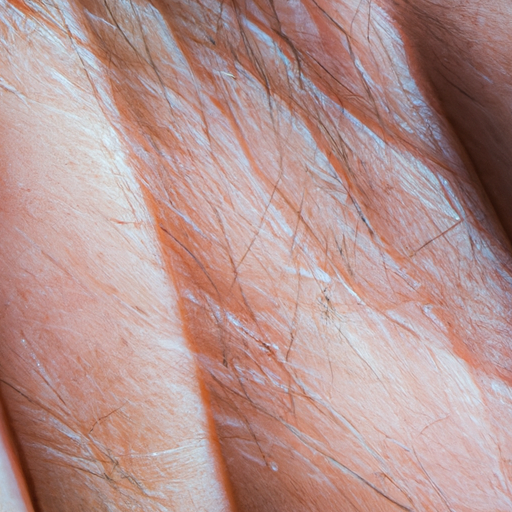As a dermatologist, I often encounter patients who struggle with dry skin. Dry skin can be a nuisance, causing discomfort and sometimes even pain. It can appear dull, flaky, and tight, especially during the colder months. However, with the right approach, you can combat dry skin and maintain a healthy, radiant complexion. Here are some dermatologists’ secrets to help you tackle this common issue.
Firstly, it’s crucial to understand that dry skin can result from various factors. These include environmental conditions, aging, underlying health issues, or using harsh skincare products. Therefore, it’s essential to identify the cause to effectively treat it.
One of the most effective ways to combat dry skin is by maintaining a consistent skincare routine. This should involve cleansing, toning, moisturizing, and applying sunscreen daily. When choosing a cleanser, opt for a gentle, soap-free product that won’t strip your skin of its natural oils. Toning helps restore your skin’s pH balance after cleansing and prepares it for moisturization.
Moisturizing is arguably the most critical step in your skincare routine if you have dry skin. Dermatologists recommend using a moisturizer that contains ingredients like hyaluronic acid and ceramides. These ingredients help retain moisture and restore the skin’s barrier function. Apply your moisturizer immediately after bathing or washing your face when your skin is still slightly damp to lock in moisture.
Sunscreen is another must-have product. Even on cloudy days, harmful UV rays can penetrate your skin and cause damage. A broad-spectrum sunscreen with an SPF of at least 30 can protect your skin from these harmful rays and prevent further drying.
Another secret to combating dry skin is exfoliation. Regular exfoliation helps remove dead skin cells that can make your skin appear dull and flaky. However, it’s essential to be gentle and not over-exfoliate as this can irritate your skin and cause more dryness. Opt for a mild exfoliant and limit exfoliation to once or twice a week.
Your diet also plays a significant role in your skin’s health. Consuming foods rich in omega-3 fatty acids, such as fish, flaxseeds, and walnuts, can help improve your skin’s ability to retain moisture. Additionally, drinking plenty of water throughout the day can help keep your skin hydrated from the inside out.
Lastly, consider using a humidifier, especially during the winter months when the air tends to be dry. A humidifier can help add moisture back into the air and prevent your skin from drying out.
In some cases, dry skin may be a symptom of an underlying health condition, such as eczema or psoriasis. If you’ve tried several remedies and your dry skin persists or worsens, it’s important to seek professional help. A dermatologist can provide a proper diagnosis and recommend appropriate treatments.
In conclusion, combating dry skin requires a multifaceted approach that includes a consistent skincare routine, a balanced diet, and lifestyle modifications. Remember, everyone’s skin is unique, so what works for one person may not work for another. It may take some trial and error to find what works best for you. However, by following these dermatologists’ secrets, you’re well on your way to achieving healthy, hydrated skin.



